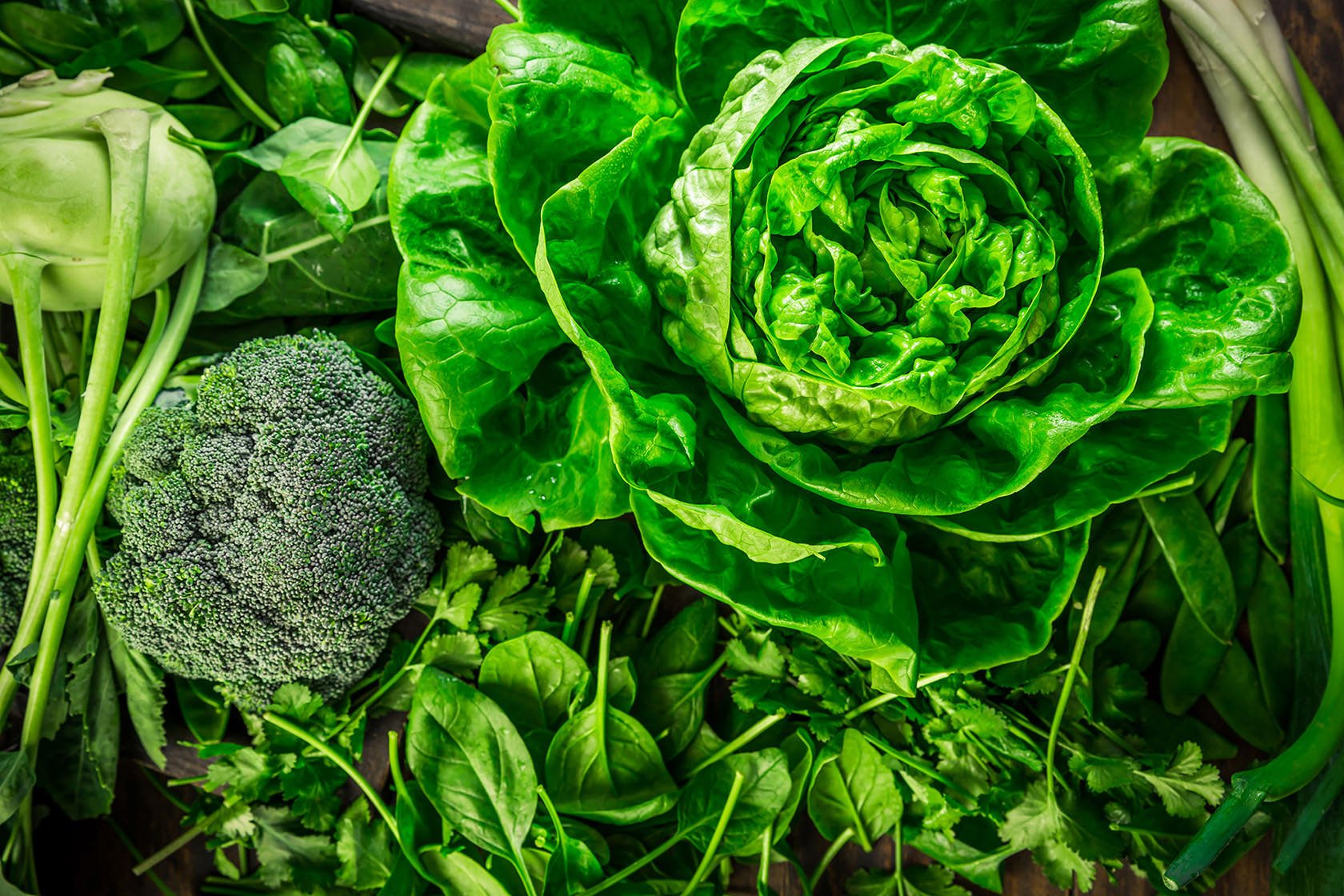
Sweeteners
Sweeteners
SUGAR
The human desire for sweetness in food is a universal one. Having too many sweet foods may not be healthy, but avoiding sweet foods completely is unrealistic. Many people falsely believe that sugar can never be eaten by a person with diabetes and that only artificial sweeteners are allowable. However, natural (unrefined) sugar can be eaten in small amounts as part of a healthy eating plan. Sugars are simply a form of carbohydrate and need to be factored into the total amount of carbohydrates eaten in a day. Since the amount of sugar that can be tolerated will vary between individuals, the best plan is to monitor blood sugar levels frequently.
SUGAR ALCOHOLS
Sugar alcohols are carbohydrates with a chemical structure that partially resembles sugar and partially resembles alcohol, but they don’t contain ethanol as alcoholic beverages do. Common sugar alcohols are xylitol, sorbitol and mannitol. Other sugar alcohols include lacitol, isomalt, maltitol, and hydrogenated starch hydrolysates (HSH).
A common drawback of sugar alcohols is that these unabsorbed sugars hold onto water in the intestines and, when eaten in large amounts, can cause diarrhea. Although sugar alcohols generally have less effect on glucose and insulin than sucrose, when consumed in excessive amounts they can cause high blood sugar in people with diabetes.
WHAT ARE NET CARBS?
“Net carbohydrates” (also called “effective” or “impact” carbs) is a misleading marketing term found on products that contain both sugar alcohols and insoluble fibers.
For any product that has over 5 grams of fiber, 100% of the fiber grams may be deducted from the total carb count, but only 50% of the sugar alcohols can be deducted, not 100% as the label would imply.
Blood sugars should be tested counting the full calories versus counting “net” since some people find that these designer foods have a greater impact on their blood sugar than suggested on the package.
High intakes of sugar alcohols can cause diarrhea and/or affect LDL (bad cholesterol) levels.
These “Sugar-free” foods may have fewer carbohydrates, but they are not “carbohydrate-free” nor do they always provide fewer calories. One must read all product labels and be skeptical about claims made on the label.
ARTIFICIAL SWEETENERS
Artificial sweetners such as Aspartame (found in Nutrasweet and Equal) and Sucralose (found in Splenda) are a mix of unnatural chemicals, combined in a laboratory that the body can’t naturally process. There have been conflicting studies and personal reports about the safety of artificial sweeteners.
Recent research has shown that low-calorie sweeteners can actually raise blood sugar levels and lead to weight gain, possibly by altering the bacteria in the gut (1), inducing a cascade of hormonal responses (2,3,4), and causing an increased desire for sweet foods (5).
FRUCTOSE
Fructose is the chemical name for a kind of sugar that occurs naturally in honey and ripe fruit. Fructose contains the same amount of calories as sugar but it may be more likely to cause insulin resistance.
HIGH FRUCTOSE CORN SYRUP
Corn syrup and high-fructose corn syrup are highly refined sweeteners made from corn. High-fructose corn syrup is considerably cheaper than sugar so it is found in most processed food and drinks. Because it is highly processed, it is best to avoid it completely.
STEVIA
Stevia is native to South America and is derived from the leaves of stevia rebaudiana. It is 200 times as sweet as sucrose and is used widely as a sugar substitute in different foods and beverages in countries like Japan. In addition to its sweetening property, Stevia may lower both blood pressure and blood sugar levels (6,7). It may even have benefit in treating Lyme disease (8). Some stevia products are often chemically processed so opt for brands that are labeled “100% pure stevia extract” instead.
REFERENCES
Suez J, Korem T, Zilberman-Schapira G, Segal E, Elinav E. Non-caloric artificial sweeteners and the microbiome: findings and challenges. Gut Microbes. 2015;6(2):149-155. doi:10.1080/19490976.2015.1017700. https://www.ncbi.nlm.nih.gov/pmc/articles/PMC4615743/
Swithers SE. Artificial sweeteners produce the counterintuitive effect of inducing metabolic derangements. Trends in endocrinology and metabolism: TEM. 2013;24(9):431-441. doi:10.1016/j.tem.2013.05.005. https://www.ncbi.nlm.nih.gov/pmc/articles/PMC3772345/
Azad MB, Abou-Setta AM, Chauhan BF, et al. Nonnutritive sweeteners and cardiometabolic health: a systematic review and meta-analysis of randomized controlled trials and prospective cohort studies. CMAJ : Canadian Medical Association Journal. 2017;189(28):E929-E939. doi:10.1503/cmaj.161390. https://www.ncbi.nlm.nih.gov/pmc/articles/PMC5515645/
Chia CW, Shardell M, Tanaka T, et al. Chronic Low-Calorie Sweetener Use and Risk of Abdominal Obesity among Older Adults: A Cohort Study. Meyre D, ed. PLoS ONE. 2016;11(11):e0167241. doi:10.1371/journal.pone.0167241. https://www.ncbi.nlm.nih.gov/pmc/articles/PMC5120853/
Green E, Murphy C. Altered processing of sweet taste in the brain of diet soda drinkers. Physiology & behavior. 2012;107(4):560-567. doi:10.1016/j.physbeh.2012.05.006. https://www.ncbi.nlm.nih.gov/pmc/articles/PMC3465626/
Ulbricht C, Isaac R, Milkin T, Poole EA, Rusie E, Grimes Serrano JM, Weissner W, Windsor RC, Woods J. An Evidence-Based Systematic Review of Stevia by the Natural Standard Research Collaboration. Cardiovasc Hematol Agents Med Chem. 2010 Apr;8(2):113-27. https://www.ncbi.nlm.nih.gov/pubmed/20370653/
Carrera-Lanestosa A, Moguel-Ordóñez Y, Segura-Campos M. Stevia rebaudiana Bertoni: A Natural Alternative for Treating Diseases Associated with Metabolic Syndrome. J Med Food. 2017 Oct;20(10):933-943. doi: 10.1089/jmf.2016.0171. Epub 2017 Aug 9. https://www.ncbi.nlm.nih.gov/pubmed/28792778
Theophilus PAS, Victoria MJ, Socarras KM, et al. Effectiveness of Stevia Rebaudiana Whole Leaf Extract Against the Various Morphological Forms of Borrelia Burgdorferi in Vitro. European Journal of Microbiology & Immunology. 2015;5(4):268-280. doi:10.1556/1886.2015.00031. https://www.ncbi.nlm.nih.gov/pmc/articles/PMC4681354/
